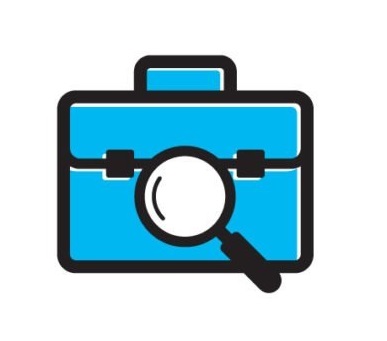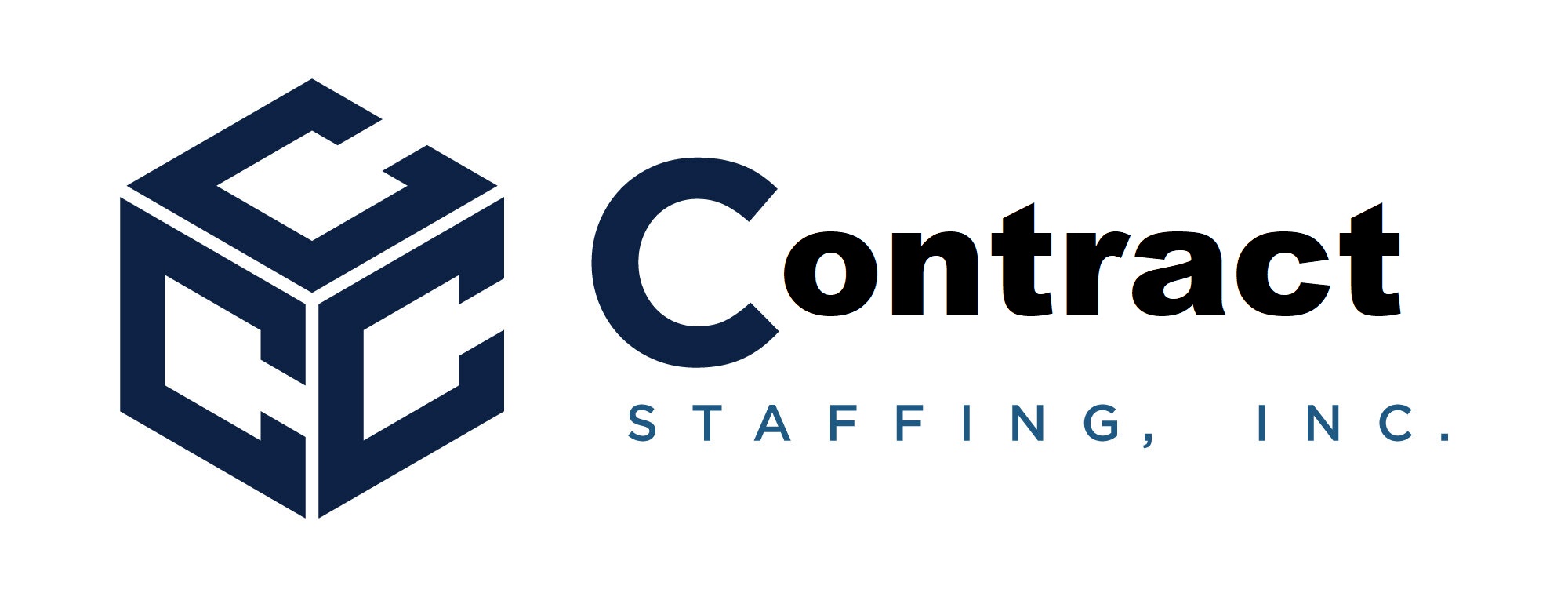Log In
Sign Up
Lummi Indian Business Council Hiring for Early Head Start Teacher Job at Bellingham, WA Full Time

Related Jobs
Northwestern Oklahoma State University Looking for Tenure-Track Assistant Professor of Mass Communication—Strategic Communication Full Time
Northwestern Oklahoma State University Alva, OKPosition Available Nine-month, full-time, tenure-track Assistant Professor of Mass Communication—Strategic Communication at the NWOSU-Alva campus. Salary, based on qualifications and...
Apply For This JobHouston Community College Looking for Student Accounts Representative- Northwest College (Part-time) Staff Pool Full Time
Houston Community College Houston, TXThe Opportunity You: Innovator. Pacesetter. Agent of change. If you’re a tech savvy, process improvement-focused Student Champion with a talent...
Apply For This JobCaprock Academy Hiring for High School Biology Teacher Job at Grand Junction, CO Full Time
Caprock Academy Grand Junction, CObr{display:none;}.css-58vpdc ul > li{margin-left:0;}.css-58vpdc li{padding:0;}]]> Caprock Academy Vision Strengthening the community through the involvement of parents, educators, and community leaders...
Apply For This JobMichigan State University Hiring for Senior Scientist FRIB/NSCL-Continuing at East Lansing Full Time
Michigan State University East LansingJob Details Job no: 876069Work type: Faculty/Academic StaffMajor Administrative Unit / College: Facility For Rare Isotope BeamsDepartment: Facility For Rare...
Apply For This JobClark University Looking for Purchasing Coordinator Full Time
Clark University Worcester, MACompany Description: Founded in 1887, Clark was one of the first all-graduate institutions in the United States. Today the University...
Apply For This JobUniversity of Pittsburgh Looking for Faculty Professor Associate – Full-Time Full Time
University of Pittsburgh Pittsburgh, PAThe University of Pittsburgh School of Medicine’s Department of Computational and Systems Biology (CSB) is harnessing the power of computational...
Apply For This JobJob Overview
- Date Posted:
- Location: Bellingham, WA
- Job Title: Lummi Indian Business Council Hiring for Early Head Start Teacher Job at Bellingham, WA

